Common Weeds Found in Massachusetts (With Pictures)
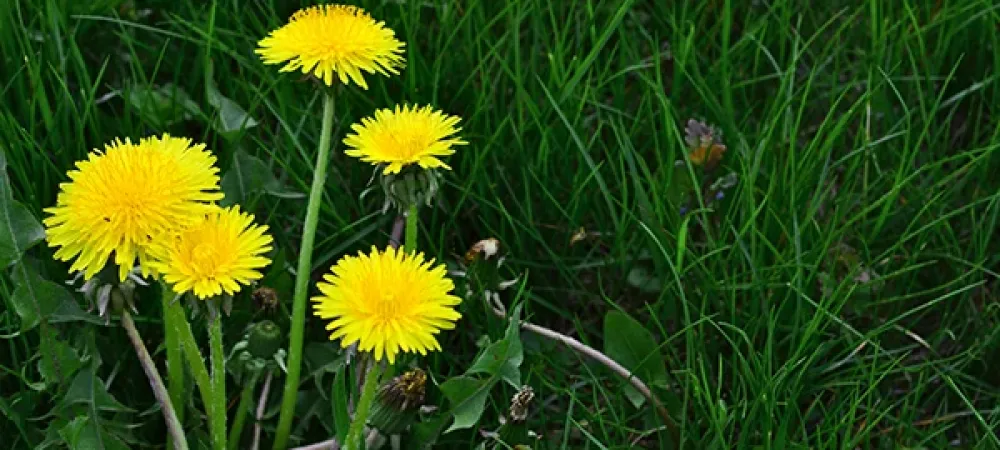
Weeds can be a persistent problem for homeowners and gardeners across Massachusetts. They compete with your grass and plants for nutrients, water, and sunlight, making it challenging to maintain a healthy lawn or garden. Understanding the types of weeds common to Massachusetts can help you keep your property looking its best. Here are some of the most common weeds you’re likely to encounter.
Dandelions
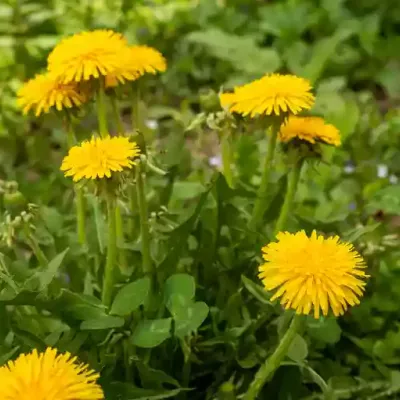
Dandelions are among the most recognizable weeds in Massachusetts. Their bright yellow flowers and fluffy seed heads spread quickly, making them a tough opponent for any lawn. Dandelions are broadleaf weeds with deep taproots, allowing them to thrive in poor soil conditions.
Crabgrass
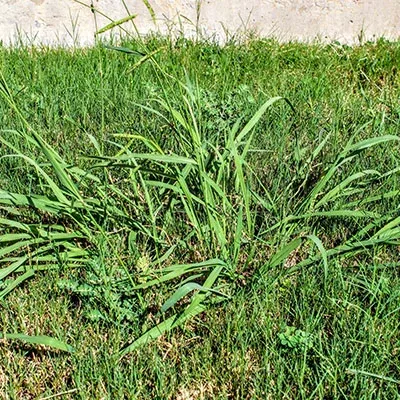
Crabgrass is a troublesome grassy weed that flourishes in hot, dry weather. It often appears in thin or bare patches of your lawn. Since crabgrass spreads low to the ground, it can outcompete your turf for space and nutrients.
Clover
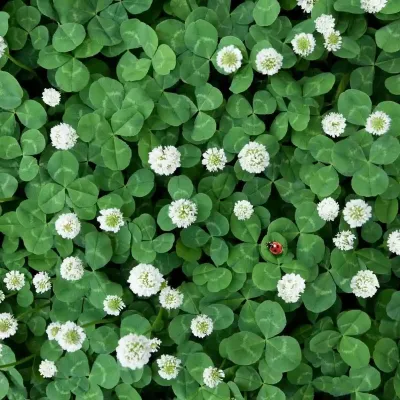
Clover, specifically white clover, is a low-growing broadleaf weed with small white flowers. It thrives in lawns with low nitrogen levels and can quickly spread through its creeping stems.
Ground Ivy (Creeping Charlie)
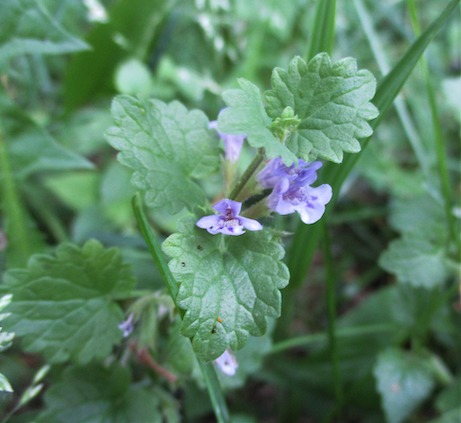
Ground ivy, also known as Creeping Charlie, is a persistent broadleaf weed that spreads through its vine-like stems. It can form dense mats, suffocating your grass and other plants. This weed thrives in shady, moist areas, making it common in Massachusetts yards with limited sunlight.
Plantain
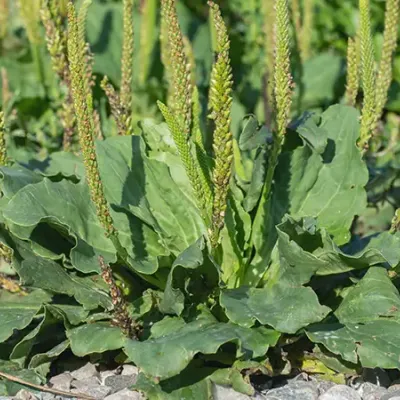
Plantain is a broadleaf weed that often appears in compacted or poorly drained soil. It has broad, rounded leaves and grows in low clumps. Two types of plantain are common in Massachusetts: broadleaf plantain and narrowleaf plantain.
Nutsedge
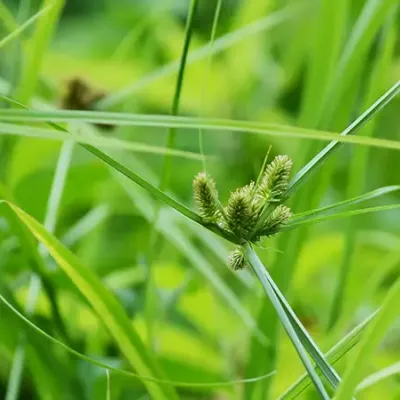
Nutsedge is a grassy weed that looks similar to regular grass but grows faster and stands taller. It tends to thrive in waterlogged soil or poorly drained areas, making it a common issue after periods of heavy rain in Massachusetts.
Chickweed
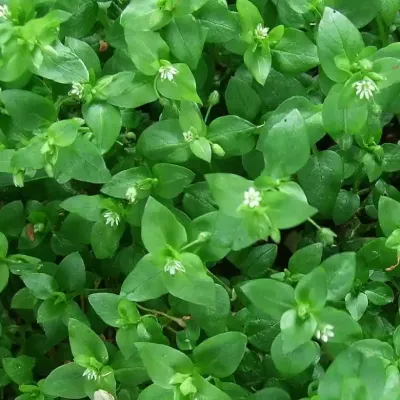
Chickweed is a low-growing annual weed that forms dense mats in lawns and gardens. It prefers cool, moist conditions, which is why it often appears in Massachusetts in the early spring and fall.
Weed Control Strategies for Massachusetts Lawns
Controlling weeds in Massachusetts requires a combination of pre-emergent and post-emergent herbicides, along with regular lawn care practices. Here are a few tips to keep your lawn weed-free year-round:
- Pre-Emergent Weed Control: Apply a pre-emergent herbicide in early spring to stop weed seeds from germinating.
- Post-Emergent Weed Control: Use a post-emergent herbicide to tackle established weeds, especially broadleaf varieties like dandelions and clover.
- Regular Lawn Maintenance: A healthy lawn is your best defense against weeds. Mow regularly, aerate compacted soil, and apply fertilizers that promote grass growth.
- Proper Watering: Over-watering can lead to weeds like nutsedge, while under-watering can encourage drought-tolerant weeds like crabgrass. Water deeply but less frequently to maintain balanced soil moisture.
By understanding the common weeds found in Massachusetts and applying effective weed control strategies, you can maintain a lush, healthy lawn all season long. If you want to get rid of these troublesome weeds once and for all, reach out to CMS Landscaping Corp. for professional weed control that deliver lasting results.
